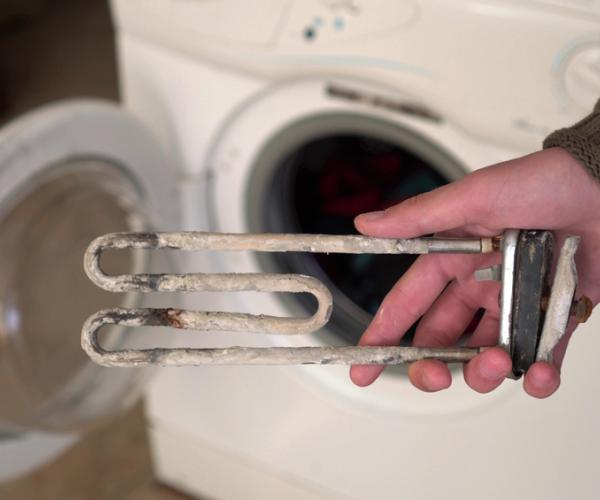
Water is a quintessential substance that propels all life on Earth forward, but not every drop of this life-sustaining liquid is created the same. A water softener system optimizes the quality of the water that flows through buildings, whether residential, institutional, or business. It prevents the devastation that hard water is capable of.
Hard water can make its presence known in a variety of negative ways. It causes freshly washed glassware to appear streaky or cloudy, it leaves slime and scale build-up on sinks, faucets, and appliances that require regular access to water, and it weakens the integrity of plumbing. Aside from the functional and cosmetic problems, human health is another concern. Prolonged consumption of hard water has been linked to skin and hair problems, high blood pressure, and the disruption of the proper function of the kidneys and liver.
Turning hard water into soft water
In order to reap the benefits of softened water, hard water must undergo a process referred to as ion exchange -- which removes the dissolved minerals (notably calcium and magnesium) from the water via a bed of sodium-charged resin beads. These resin beads replace calcium and magnesium with sodium.
In the matters of home and business, water quality is rightfully a priority. Investing and taking the time and care to install a water softener system is a sound decision. Softened water lacks the minerals responsible for buildup, thus it's kinder to everything from plumbing to appliances. This means that repair bills and maintenance charges are less frequent, dependability increases, and mechanical longevity is achieved. All of these benefits result in maximized efficiency, maximized money allocation, and less stress.
Soft water pays for itself
For households watching every dollar, soft water can pay for itself. Soft water preserves the vibrancy and integrity of clothes, which means they look new for longer, thus saving money by extending the number of times they can be worn. Secondly, soap will last longer as it can be used more sparingly, while still achieving an adequate level of cleanness. Soft water means less time spent cleaning, as the thick layers of soap scum and lime chalk don't have a chance to form so aggressively. Soft water also helps lower the electrical/gas bill because the water isn't having to overcompensate and battle the mineral-clogged pipes that are rampant in a hard-water home.
Overall, scale buildup is the culprit of weakened water pressure, and since soft water eliminates this problem at the root, the water pressure will remain consistent and as powerful as intended.
Water-softening systems range in price from $500 to $2,000, and they typically last 15 to 20 years. While many factors such as the size of the building the system is servicing, the condition of the pre-existing plumbing, and any additional desired features, a water softener system usually is worth every penny for businesses and homes alike.